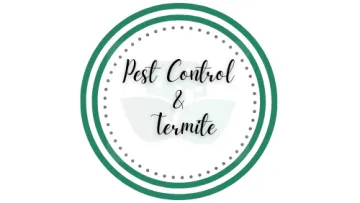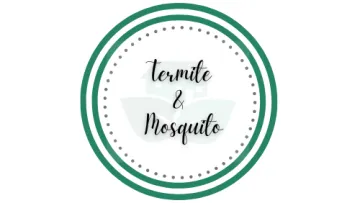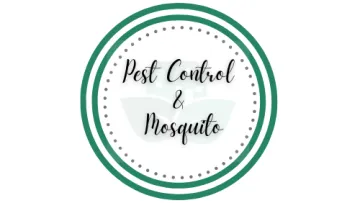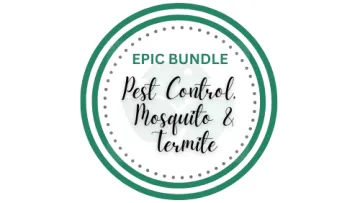Spiders
Spiders
Spiders are a varied and ecologically significant group of arachnids prevalent across the Southeastern United States, playing a key role in controlling insect populations. While the majority of spider species are harmless, certain venomous ones, such as the Brown Recluse and the Black Widow, can pose risks to humans. Good Nature Pest Control understands the importance of balancing the beneficial aspects of spiders in natural ecosystems with the potential issues they may cause in residential settings.
Our professional services employ ethical and targeted strategies to address spider-related concerns, including habitat modification, exclusion methods, and safe removal when needed. By fostering coexistence and offering comprehensive solutions, we strive to create a pest-free and harmonious environment for residents throughout the Southeast.
Types of Spiders
The Southeastern United States boasts a wide variety of spider species, each with unique sizes, colors, and behaviors. Notable spiders in the region include the Carolina Wolf Spider, known for its large size and ground-dwelling nature, and the Orb Weaver Spider, famous for its elaborate and symmetrical webs. Venomous species such as the Brown Recluse and the Black Widow are also present, each with distinctive markings.
While most spiders are harmless and contribute to pest control by managing insect populations, the presence of venomous species necessitates professional attention. Good Nature Pest Control recognizes the importance of understanding and addressing spider-related concerns in the Southeast. We offer ethical and targeted solutions to help homeowners coexist comfortably with these diverse arachnids.
Black Widow Spider
(Latrodectus Mactans)
Recognizable by its black color and red hourglass-shaped marking, the Black Widow is a venomous species found in the Southeast.
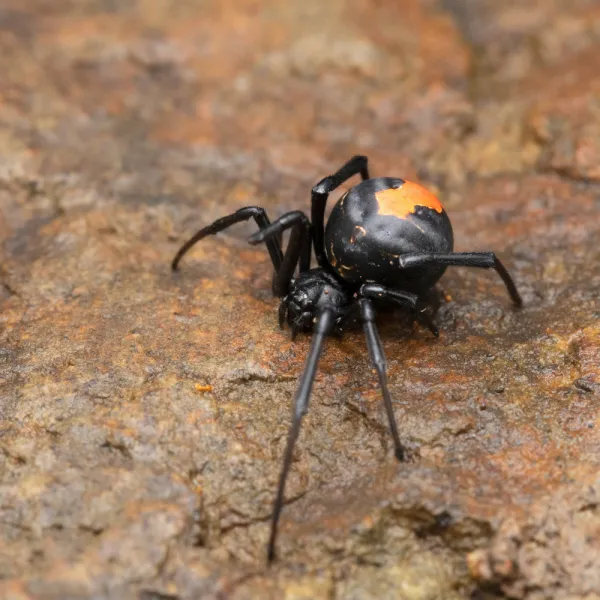
Brown Recluse Spider
(Loxosceles Reclusa)
Identified by its violin-shaped mark on the cephalothorax, the Brown Recluse is another venomous spider known in the Southeast.
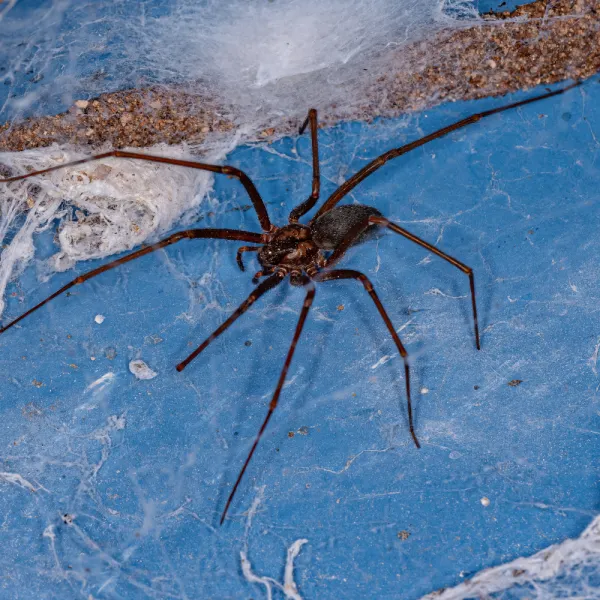
Carolina Wolf Spider
(Hogna Carolinensis)
A large and ground-dwelling spider, the Carolina Wolf Spider is common in the Southeast, playing a role in pest control.
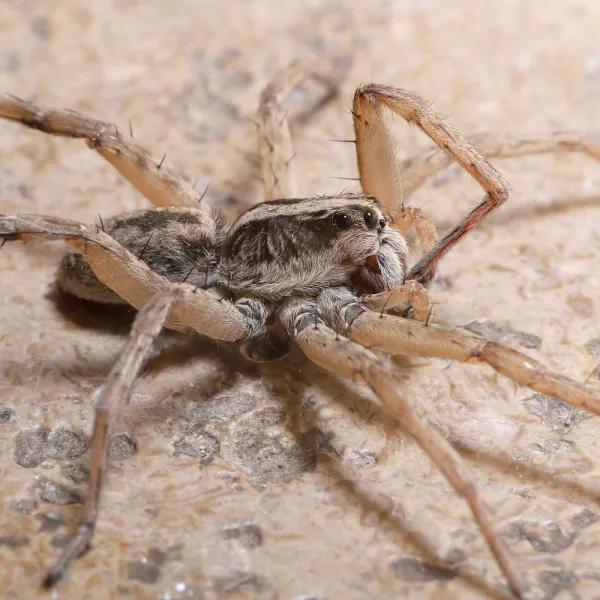
Golden Silk Orb Weaver
(Nephila Clavipes)
Known for its large, golden silk webs, the Golden Silk Orb Weaver is a visually striking spider found in the Southeast.
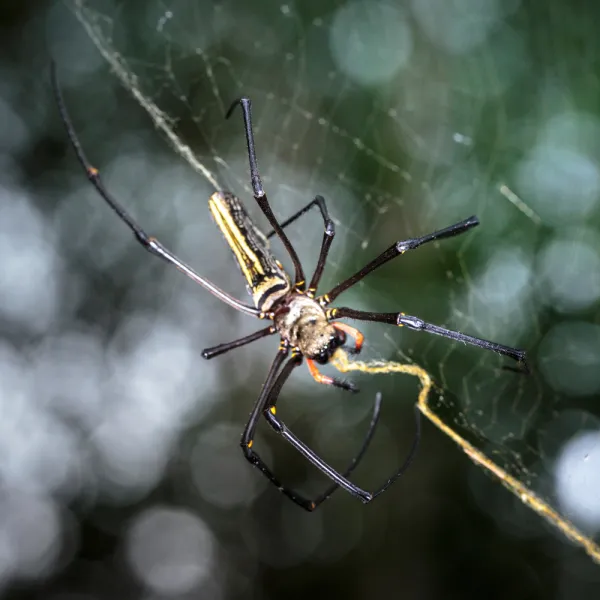
Jumping Spider
(Salticidae Family)
Agile and known for their impressive jumping abilities, Jumping Spiders are diverse and common throughout the Southeast.
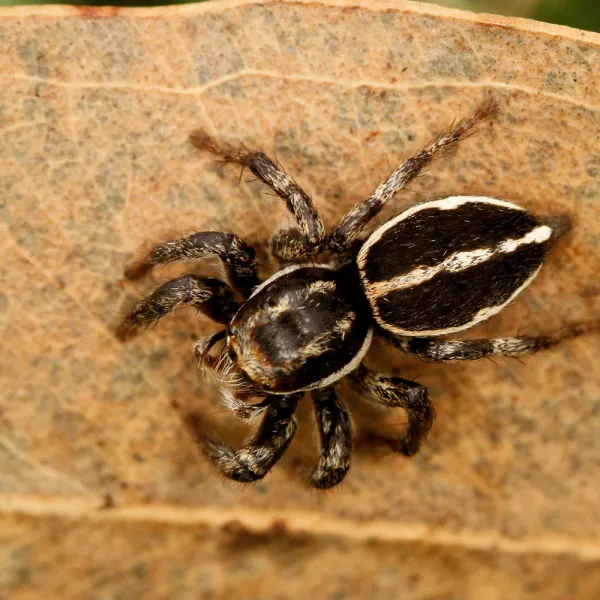
Orb Weaver Spider
(Araneidae Family)
Characterized by their intricate orb-shaped webs, Orb Weaver Spiders are diverse and play crucial roles in controlling insect populations.
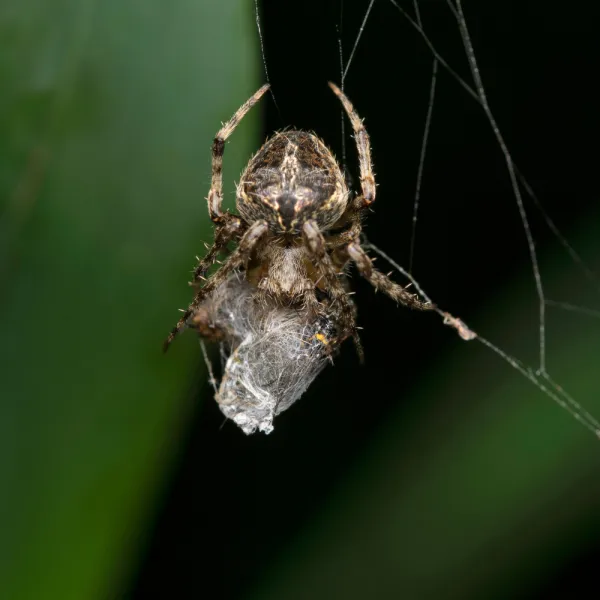
Southern House Spider
(Kukulcania Hibernalis)
Often found in homes, the Southern House Spider is large and harmless, contributing to pest control.
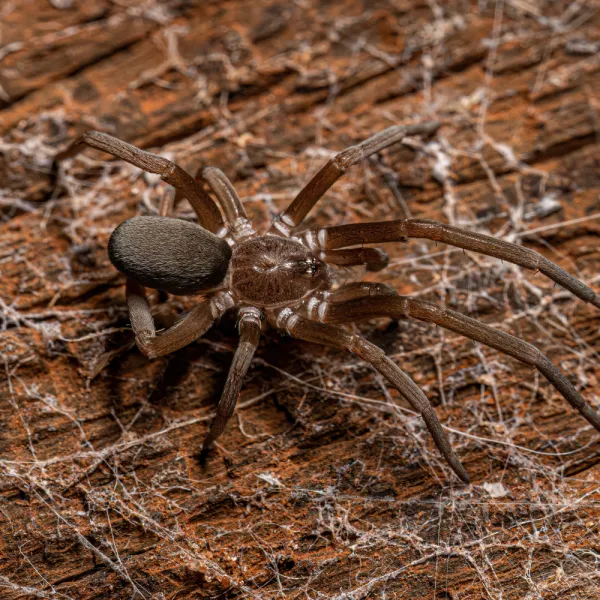
Trapdoor Spider
(Ummidia Species)
Constructing burrows with camouflaged trapdoors, Trapdoor Spiders are fascinating and found in various habitats in the Southeast.
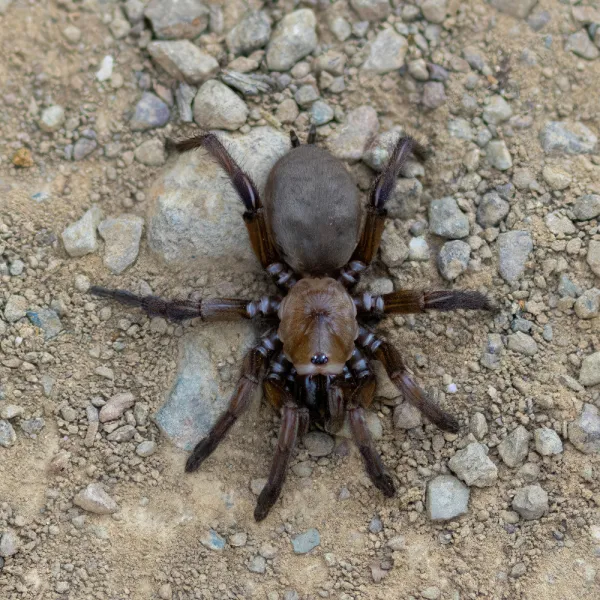
Bundle Packages Available!
Experience the value of Good Nature Pest Control's all-inclusive bundles, offering exceptional service and significant savings.
Don't miss the opportunity to explore our referral program! Get in touch with us today!
Decades
Of Experience
Dozens
Of Customer Service Awards
Thousands
of Online Reviews
Frequently Asked Questions
Q Are spiders common in the Southeast?
Yes, spiders are common in the Southeast, with a diverse array of species, some of which play important roles in pest control.
Q Are there venomous spiders in the Southeast?
Yes, venomous spiders like the Black Widow and Brown Recluse are found in the Southeast, and it's crucial to be aware of their presence.
Q What are the common types of spiders residents may encounter?
Common spiders include the Carolina Wolf Spider, Orb Weaver Spider, and Jumping Spider, each with unique characteristics.
Q Can spiders be harmful to humans?
While most spiders are harmless, some, like the Brown Recluse and Black Widow, can pose risks with their venomous bites.
Q How can residents identify venomous spiders?
Good Nature Pest Control provides educational resources to help residents identify venomous spiders based on markings, size, and behavior.
Q Are there preventive measures to reduce spider encounters in homes?
Habitat modification, sealing entry points, and regular pest control services are effective preventive measures to minimize spider presence.
Q What should residents do if they encounter a venomous spider?
Exercise caution, avoid direct contact, and contact Good Nature Pest for safe and professional removal when necessary.
Q What roles do spiders play in the ecosystem?
Spiders contribute to pest control by preying on insects, playing crucial roles in maintaining ecological balance.
Q Can Good Nature Pest Control provide safe and ethical solutions for spider concerns?
Yes, our professional services prioritize ethical and targeted approaches, including habitat modification, exclusion techniques, and safe removal.
Q How quickly can Good Nature Pest Control respond to spider-related concerns?
We prioritize prompt service, offering swift and comprehensive solutions to address spider-related concerns and alleviate challenges for homeowners in the Southeast.

